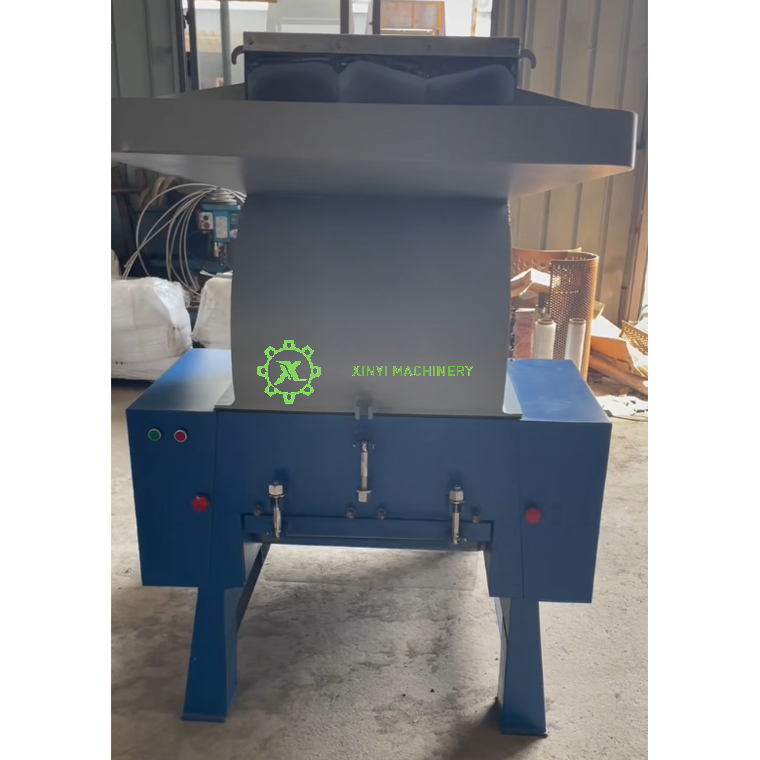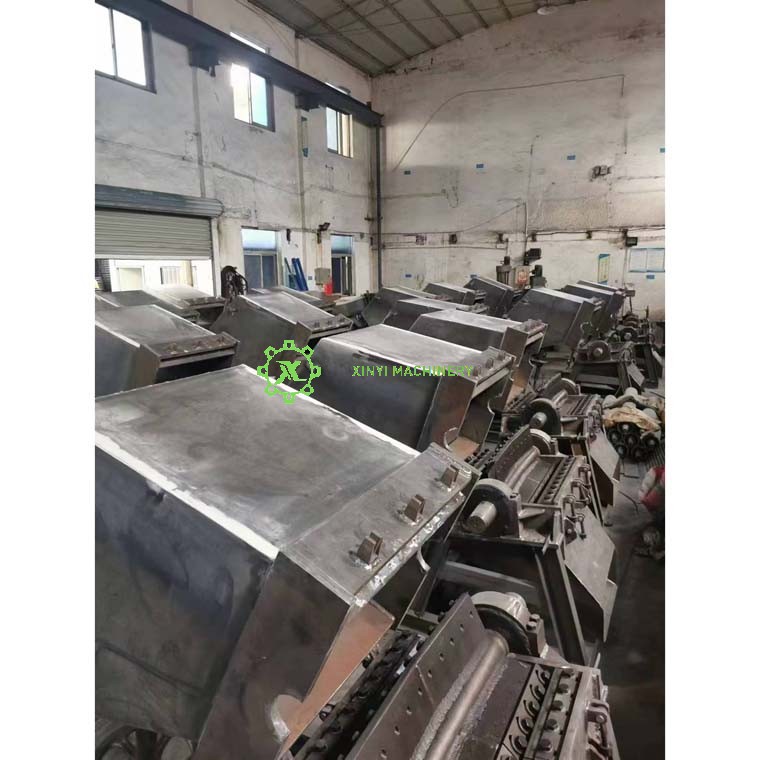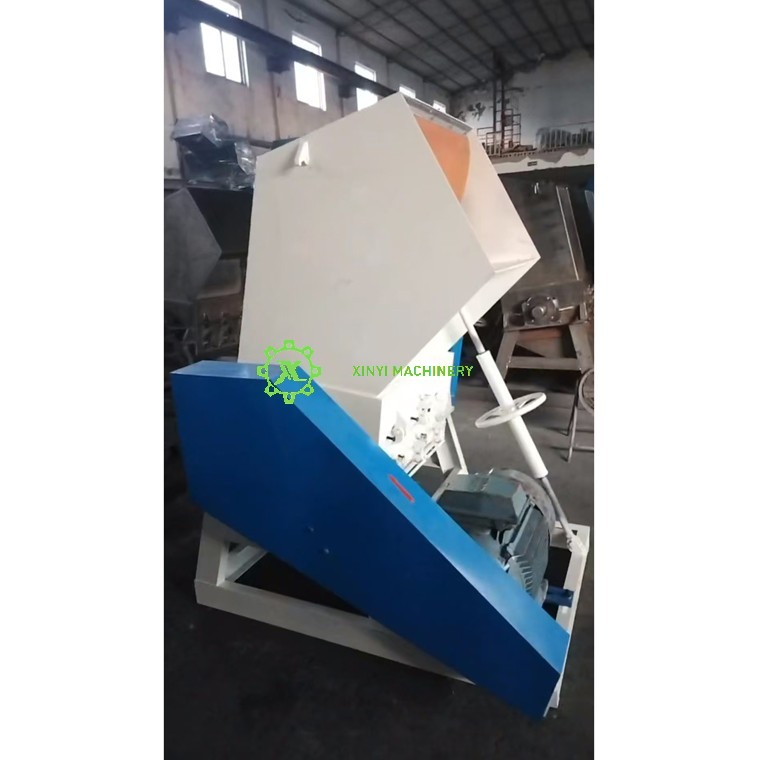The main differences between crushing plastic bottle caps and bottles arise from their material composition, design, and recycling requirements:
1. Material Differences
Bottles: Typically made of PET (#1 plastic) or HDPE (#2). Crushes predictably into flakes.
Caps: Usually PP (#5 polypropylene) or HDPE (#2). Harder, denser, and more brittle than bottle plastic.
2. Physical Behavior When Crushed
Bottles:
Collapse uniformly when compressed.
Minimal "rebound" due to flexible PET/HDPE.
Caps:
Require higher pressure to crush (PP is rigid).
Tend to shatter or fragment explosively under pressure (risk of flying pieces).
Can "pop" violently if air is trapped inside sealed caps.
3. Recycling Challenges
Separation Issues:
Caps and bottles melt at different temperatures. Mixed flakes contaminate recycled PET.
Size Problems:
Crushed caps (<2 cm) fall through sorting screens, ending as waste.
Best Practice:
Reattach caps after crushing bottles (prevents loss during sorting).
Check local rules—some recyclers accept capped bottles; others require separation.
4. Safety & Equipment
Crushing caps risks damaging home crushers (stress on mechanisms).
Flying cap fragments pose safety hazards (wear eye protection).
Key Takeaways:
✅ Crush bottles flat to save space.
✅ Leave caps loosely attached for recycling (unless local rules say otherwise).






